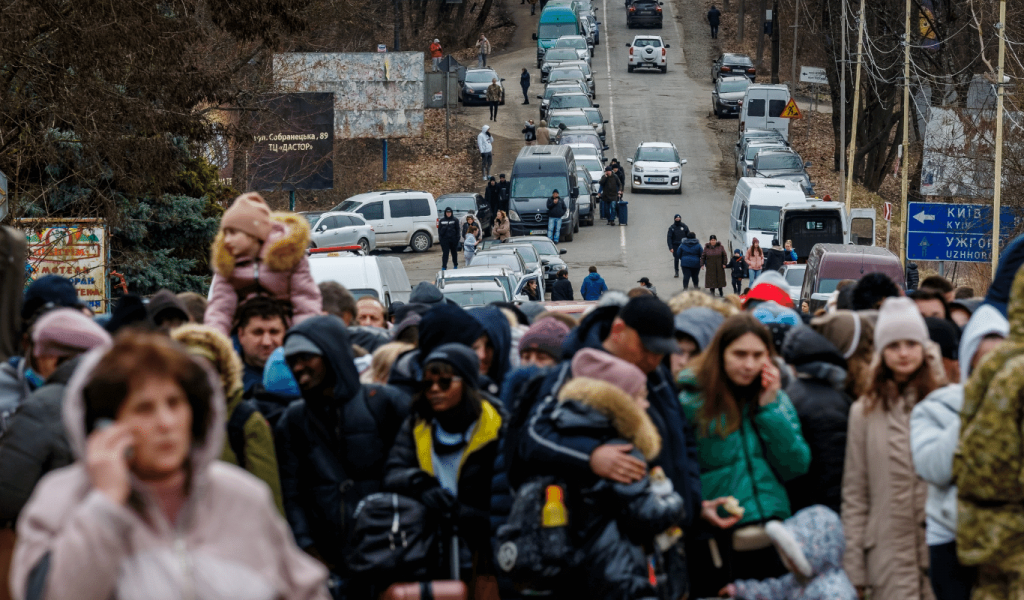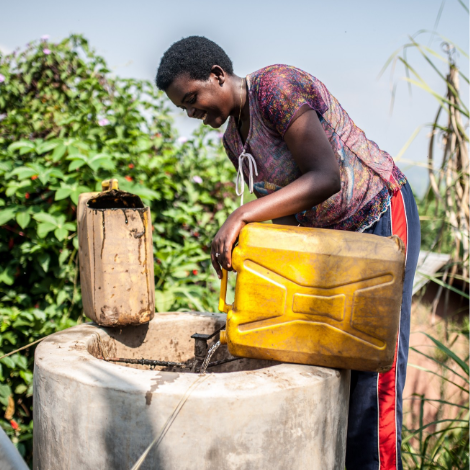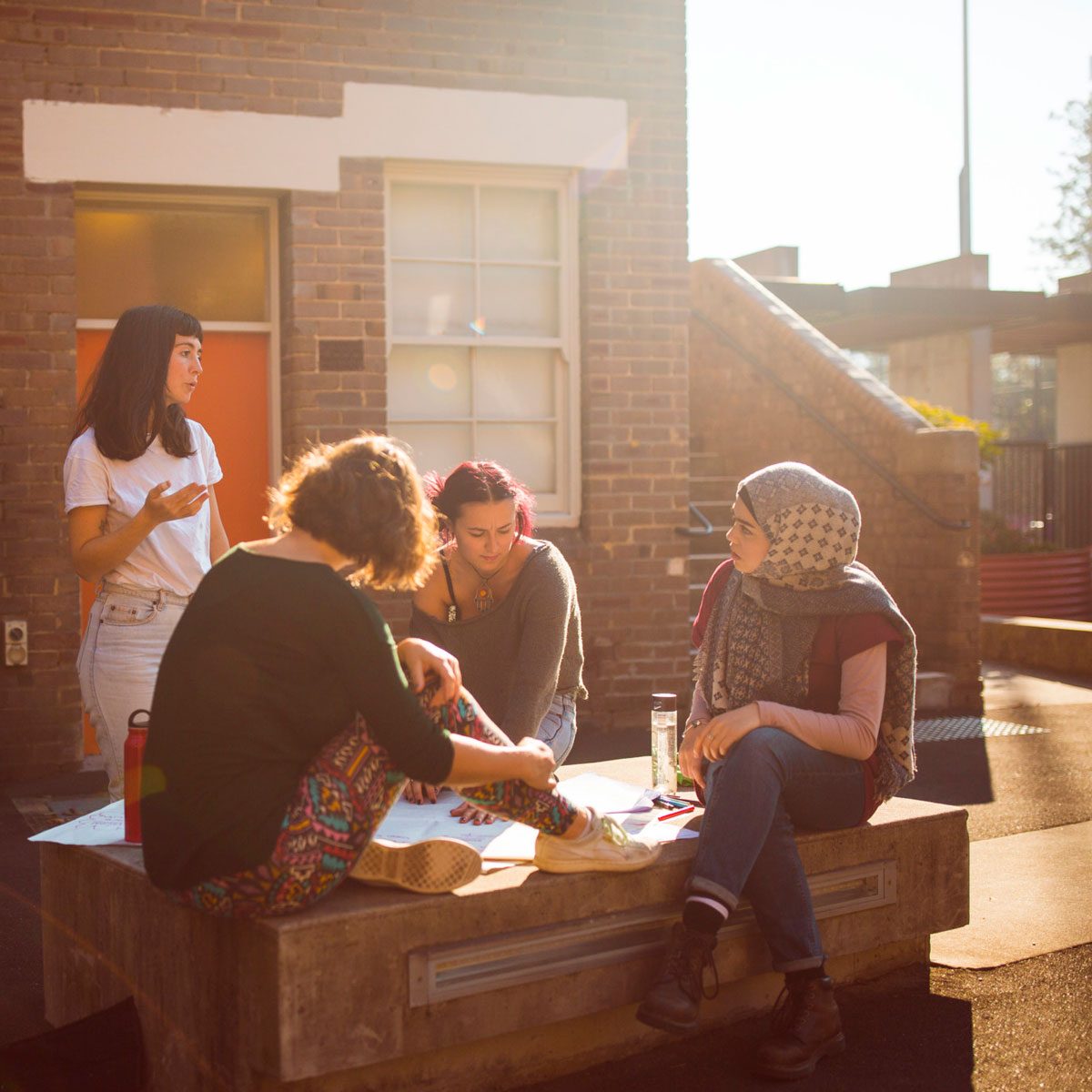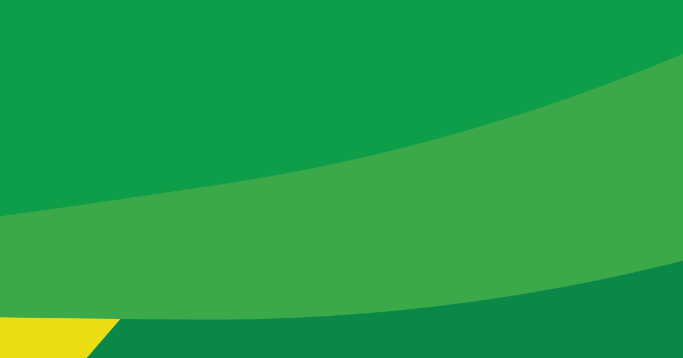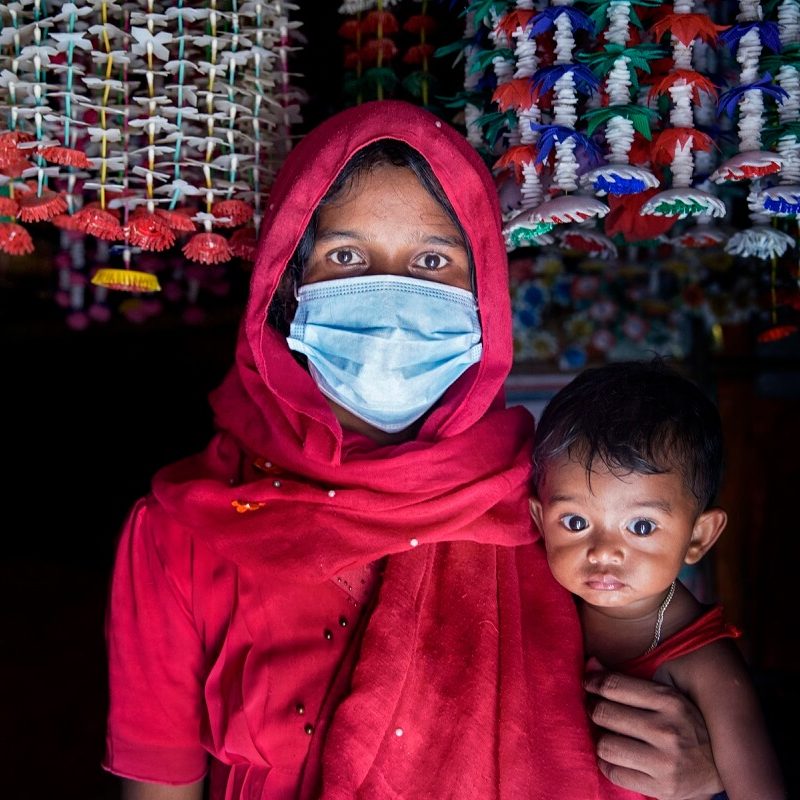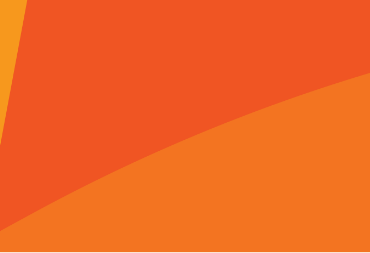Every year, millions of people are displaced from their homes. Almost half are women.
Disasters like tsunamis, earthquakes and droughts, as well as conflict, wars and the current global pandemic, put millions in urgent need of clean water, soap, food and shelter. The crises caused by these events also threaten women's safety and health in unique ways.
During emergencies, women are often left out of critical decisions that affect them, like how food, water, hygiene kits and medicine are distributed, and even where to build the toilets. It's time to change that. Oxfam meets urgent needs to save lives as part of our emergency response, but we also look at long-term solutions for women's livelihoods, health, safety and leadership.
Join Us
In every emergency situation, women and children are exposed to higher risks and levels of vulnerability than any other group of people. In such situations, women’s rights organizations respond first before any other, become the safe zone for these suffering women and always strive to restore hope in their lives and give them a new meaning of life even after emergency situations.
What is Oxfam Doing?
We work with local partners to listen to and meet the unique needs of women and girls.
Women-Led Design
Oxfam and our partners design programs for women, in consultation with women and women's rights organizations.
Power
We break down the barriers that stand in the way of women having power over their lives and decisions in times of crisis.
Local Knowledge
We consult with local humanitarians and the people receiving aid to tell us what is needed to rebuild effectively in the long-term.

